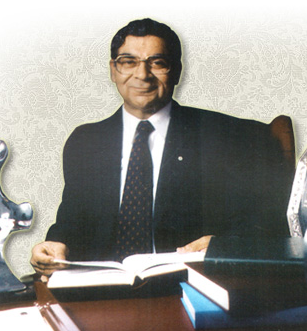 A contentious case over whether a fired ecologist deserves whistleblower protection is playing out in Kansas, and the National Science Foundation (NSF) has once again weighed in.
A contentious case over whether a fired ecologist deserves whistleblower protection is playing out in Kansas, and the National Science Foundation (NSF) has once again weighed in.
For the second time, the NSF has told the researcher, Joseph Craine, that he does not qualify for protection as a whistleblower after he was fired from Kansas State University (KSU) for sharing misconduct allegations with a journal editor.
Craine initially asked the NSF for whistleblower protection status in 2014, arguing that he had been retaliated against for making misconduct allegations to the journal Ecology. The NSF denied Craine’s claim, but Craine appealed to federal court, which found the NSF’s reasoning opaque and remanded the case back to the agency. On June 24, the NSF’s General Counsel Lawrence Rudolph issued a new 11-page letter that lays out the basis for its decision: Continue reading War over whistleblower protection for Kansas ecology prof wages on


 JAMA has decided not to retract an article about
JAMA has decided not to retract an article about 

 Note: We are reprinting below an article
Note: We are reprinting below an article 
